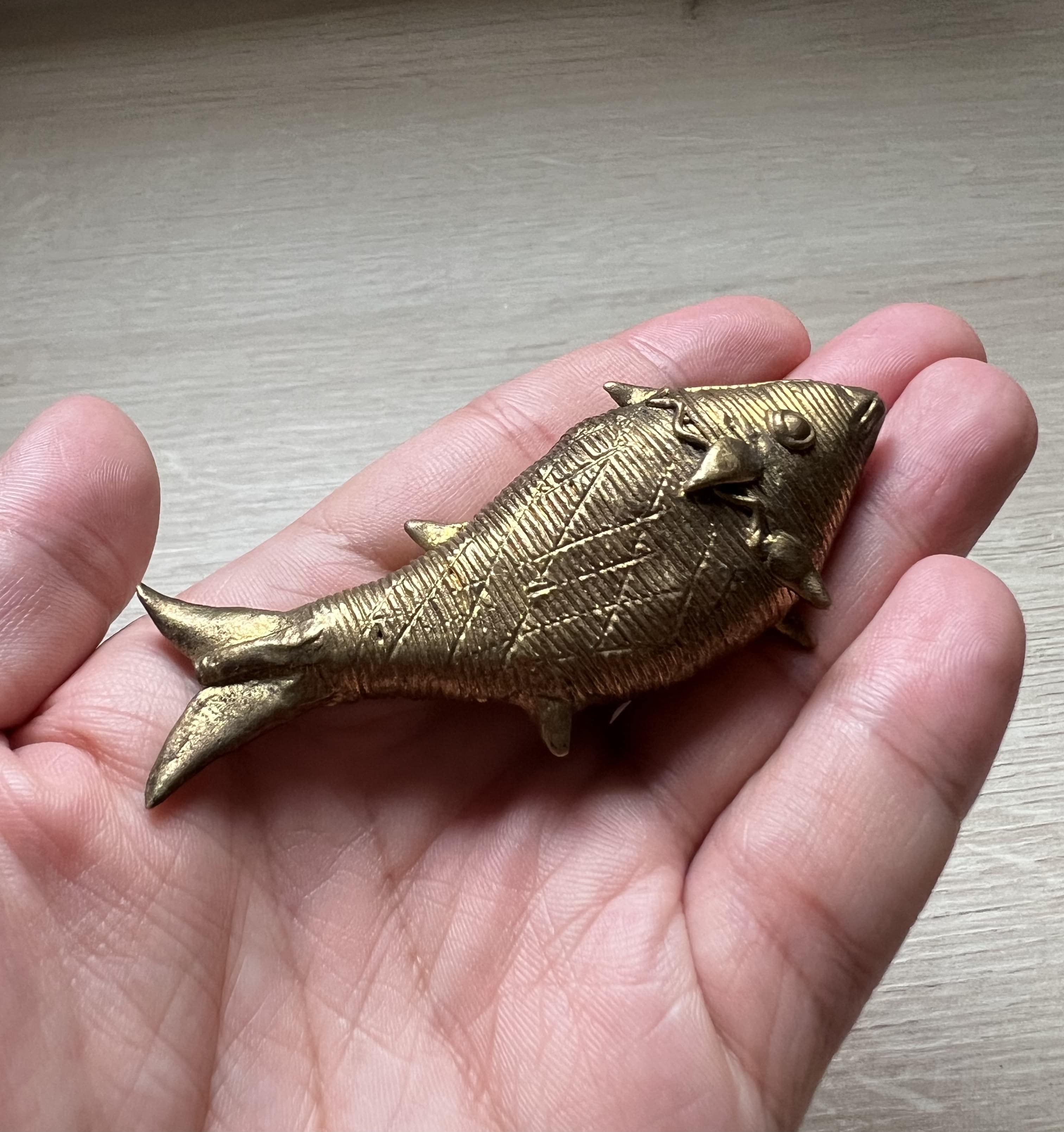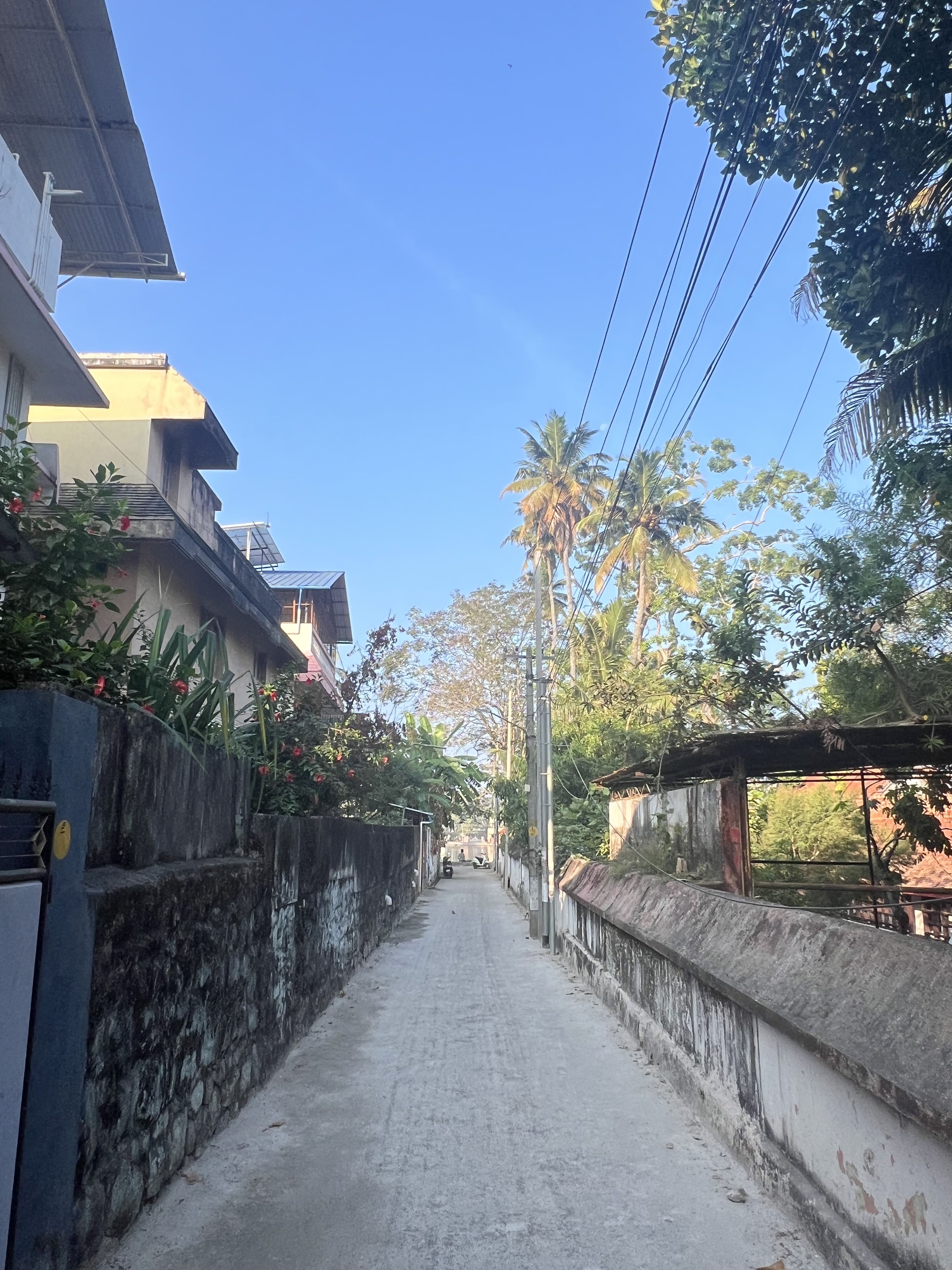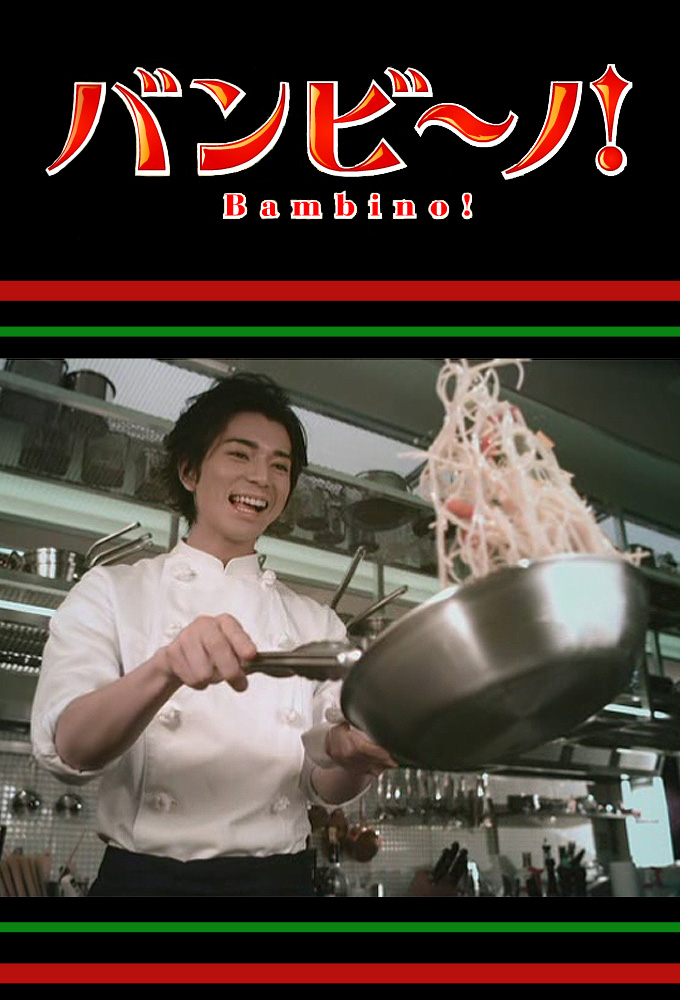Fish, Sinthome, Ethereum
Fish

I have a bronze fish. Stripes and big round eyes. A Dokra fish. By design it’s supposed to stand on its fins, but my particular fish has a shorter left fin. It doesn’t stand. So I let it lie beneath my monitor.
The fish is a memorabile from a friend in India. Trivandrum. It’s a small city next to the ocean, along the southwestern coastline. I had never been to India before. Trivandrum was my first encounter.

Madhur gave me the fish and some sweets in the hotel lobby. He was the last person I spoke to before stepping into taxi. The day before, Madhur brought me to the city center on a tuk-tuk. The road was not as bumpy as I imagined, but our bike had to swerve for potholes and occasionally stray dogs on the streets. We went to temples with many flowers, intricate sculptures from a distant past, half naked males in many lines, guards with rifles. Houses next to the temple were flying communist flags. We had masala chai made fresh. Madhur had a fried banana. The banana was from the region, short, chubby, allegedly sweet. He told me stories of him being a rebel. Going against parental expectations. Attending much less famous schools for specific therapist trainings and research programs, at the cost of better credentials. Starting his practice in a forest.
Sinthome
I resonated. There was a time in Boston when I wanted to attend the Boston Graduate School of Psychoanalysis. Before that, I devoured books by Lacan and Winnicott. I underwent a year of analysis in the Freudian fashion. Weekly bus rides to Union Square, Somerville. But I didn’t attend the school. Analysis was probably too effective. I started cooking in restaurants. I read too much Bourdain. People said you gotta do what you love. For the Sinthome. So I went ahead with it, holding back nothing.
I brought my knife roll. I apprenticed and cooked at various places on Massachusetts Avenue, mostly Italian. Bambino! - the Japanese drama about pasta chefs in Tokyo planted the seed many years back.

But I didn’t cook for very long. I couldn’t. Back then I told myself: however good I felt bumping the fridge door close under the mise en place with one side of my butt, hot pans in my hands, however good I felt chopping parsley with my carbon steel bunka, hearing the leaves crushing under the blade, flambéing a pan with vodka for lobster fra diavolo, grating garlic for bagna càuda, plating appetizers with chopsticks while the tweezer-folks stared suspiciously, I just wasn’t using much of my left brain. But I trained my left brain extensively growing up. Choosing a career that didn’t extensively exercise it made me feel guilty. Now I tell myself this: my value requires me to find places that I could uniquely contribute to the world. It’s about personal ethics. The fundamental reason why I stopped cooking was that I couldn’t lie to myself anymore: I couldn’t manage to see how my cooking was uniquely contributing to the world.
I went to work at Lightmatter, when its office was on Chatham Street next to South Market. Saw seagulls everyday. Lightmatter builds photonic computers for AI workload. Miniscule waveguides etched into silicon chips, in which tiny laser beams run and carry information. Laser beams interact with components that generate electrical signals. The light-matter interaction embodies matrix algebra calculations. Much more energy-efficient than transistor switching. It was supposed to get us back on track on the Moore’s curve. In short, it was supposed to be a job that contributes directly to the world. Buttressing the productivity trend which must continue to march in the north-easterly direction or else the world collapses. Advancing the grand scheme.
But for astonishingly unclear reasons I was somewhat discontent.
I used to live with a hedgefund manager who told me all sorts of Wall Street stories. I didn’t understand many of them well. They covered grounds much beyond my understanding of the world - but I could feel the grandness and depth of things. I knew that I knew little and the world is vast. Finance is about information. My financier roommate seems to know so much in areas I know nothing of, things that turn the wheels of our deeply financialized world. It seemed that there were much to explore and experience than to take the T every morning to Chatham Street and write Verilog in a historical brick building.
I came across Raoul’s interviews on Twitter, about how institutional investors were slowly but surely acknowledging Bitcoin and acquiring them. Sounded like evidence that Bitcoin was legitimate. I never had a grasp over the idea of blockchain then. I remembered hearing about Ethereum when the cryptokitty craze was happening. I was taking a walk with some people near the Stata Center of MIT. I wrote it off. Pure nonsense. Trading pictures of cats? Why would any serious people pay attention to that? Why would that be of any value? My curiosity then was laser focused on the mysterious intersection of psychoanalysis and neural networks.
Soon after, I read the Bitcoin paper and the Ethereum paper, and went to ETHDenver 2020. Ever since, the idea of Ethereum maintains its special place in my world.
Ethereum
I have always been the passionately curious type. In graduate school, a friend said “you have this tendency to become obsessive about certain things in mysterious ways no one can argue with you.” I can count on my curiosity as an engine and my passion fuel, they have never failed me, but without goals I am rudderless. A central belief is that the most worthy contributions I will ever make will be those that demand me to deeply challenge the status quo. But to qualify as actual contributions, my challenge needs to turn out to be correct. The Peter Thiel question. As I don’t intend to fall into disillusionment nor deceive myself, my intellect turns out to be a curse: most secular goals don’t make sense to me and I have very little to do with them.
Ethereum is different. Ethereum is otherworldly. At the same time, paradoxically perhaps, Ethereum makes me care much more about the secular world. It urges me to understand it and appreciate it. It just keeps giving.
Ethereum is hard to define because it is positioned to be a vital component of a world that has yet to come. Censorship-resistant ledger, cryptoeconomic finality guarantees, smart contract platform — Ethereum simply cannot be pinned down by any combinations of the above. Ethereum leads a frontier, born in the time of a changing world order. Ethereum is designed by construction to entangle with History. The world computer must solve some of the most pressing problems the world faces today, otherwise it would not deserve its name. To accomplish that, we need to deeply understand our world first. We need to do that without holding the Ethereum hammer in our hands, eagerly looking for nails.